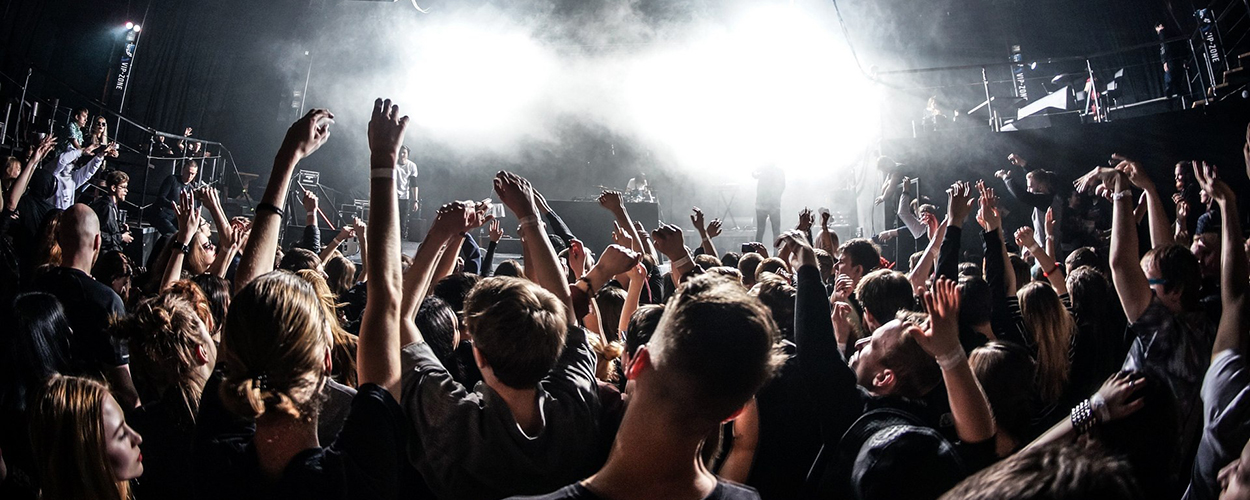This website uses cookies so that we can provide you with the best user experience possible. Cookie information is stored in your browser and performs functions such as recognising you when you return to our website and helping our team to understand which sections of the website you find most interesting and useful.
Business News Digital Live Business
Music Venue Trust welcomes survey that suggests public support for vaccine passports to get high street open again
By Chris Cooke | Published on Monday 22 February 2021

The Music Venue Trust has welcomed research that indicates that two thirds of English people would welcome temporary vaccine passports if it would speed up re-opening the high street – including allowing entertainment and night-time businesses to operate at higher capacities even while some COVID restrictions are still in place.
Such a system has been proposed as one way of allowing a more rapid relaxation of COVID social distancing rules that would enable bars, restaurants, clubs and venues to start trading again in a commercially viable way. It would likely operate in tandem with the other proposed system whereby customers are tested for COVID on arrival at theatres or venues, or they are able to demonstrate that they have very recently tested negative for the virus.
However, the UK government has said that – while it supports the latter approach and plans to allow pilot schemes to get up and running – it isn’t yet convinced of the need for vaccine passports, even though that would likely mean vaccinated people also needing to be tested on-site.
It’s a company that has a healthcare app that could facilitate the vaccine passport that has surveyed people about such a move. myGP said last week that, according to its survey, “66% of the public in England would welcome vaccination passports if it meant keeping their local high-street in business”.
MVT CEO Mark Davyd recently questioned why the government is seemingly supporting on-site COVID testing in order to allow theatres and venues to start operating again at higher capacities, but not an accompanying vaccination passport programme.
“It’s unclear to us why the government supports rapid testing and certification to enter music venues but apparently does not wish to see exactly the same process used to understand and manage risk using the vaccination process”, he said. “This presents the possibility that someone who has been vaccinated might need to also be rapid tested, which seems counter-intuitive. If there is going to be a need to show evidence of being a ‘safe customer’, surely we want to provide people with the most number of opportunities to do that?”
Commenting on the results of the myGP survey, Davyd added: “Grassroots music venues across the country have enjoyed huge support from artists and audiences during this crisis and it is incredibly encouraging to see broad public support of vaccine verification as we consider a number of options to revive live music. The situation remains dire right across the events and entertainment sector. Economically viable events can’t happen with social distancing, and vaccine verification is one of a number of tools which venues can use to get back to full capacity so we can reopen every venue safely”.
Launching her company’s research, myGP’s Hillary Cannon said: “We all know that lockdowns and social distancing has brought arts and events venues, restaurants, and the hospitality sector – all of our most beloved industry sectors – to their knees. We also know that there are still questions around the reliability of rapid testing, and that [such] testing does not account for the incubation period of this virus. It’s clear that assured, GP-verified proof of vaccination is the only way to ensure that businesses can reopen safely and at capacity. And we now realise that the majority of the public supports the use of such technologies”.





